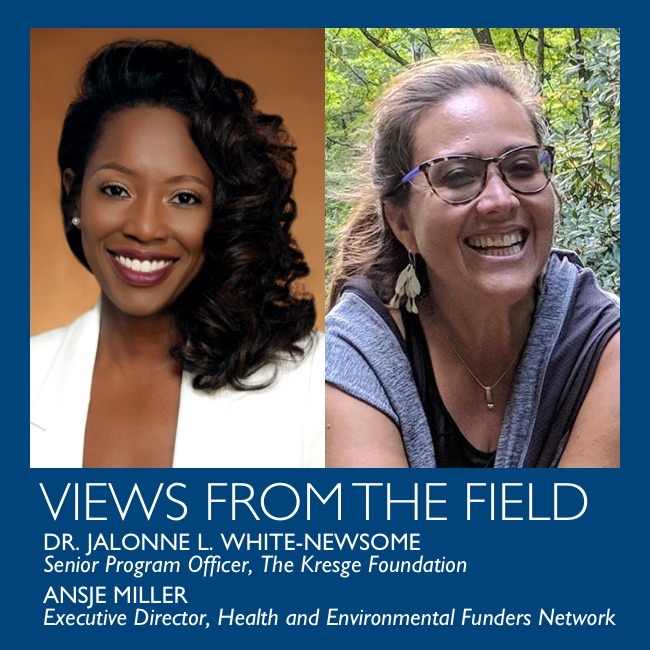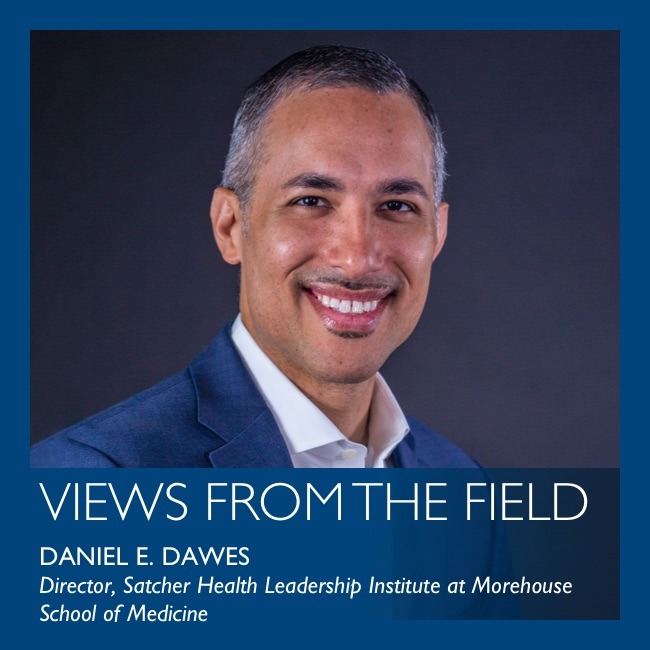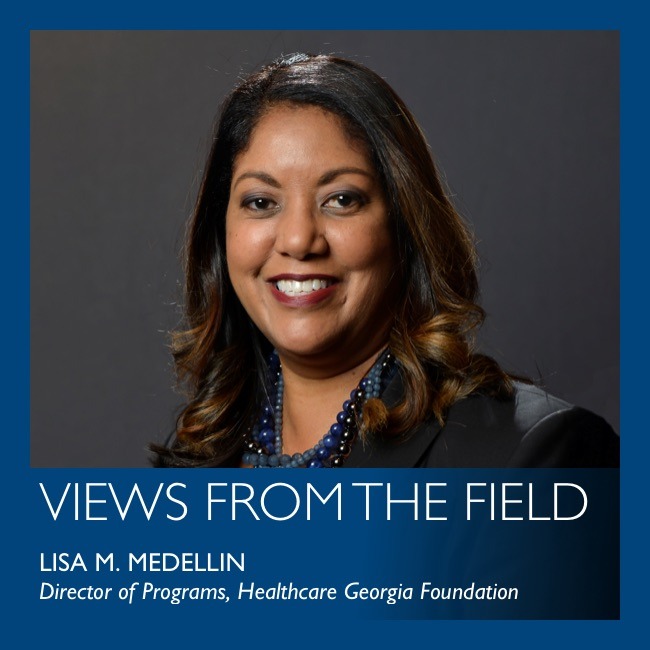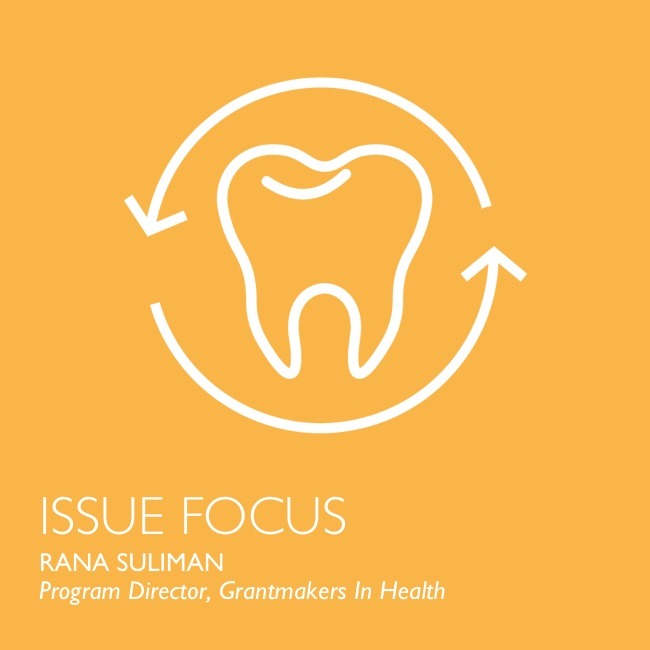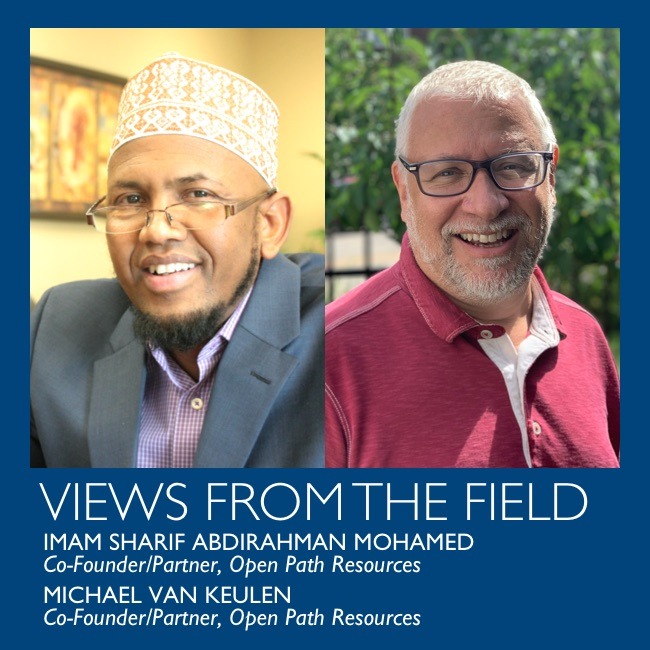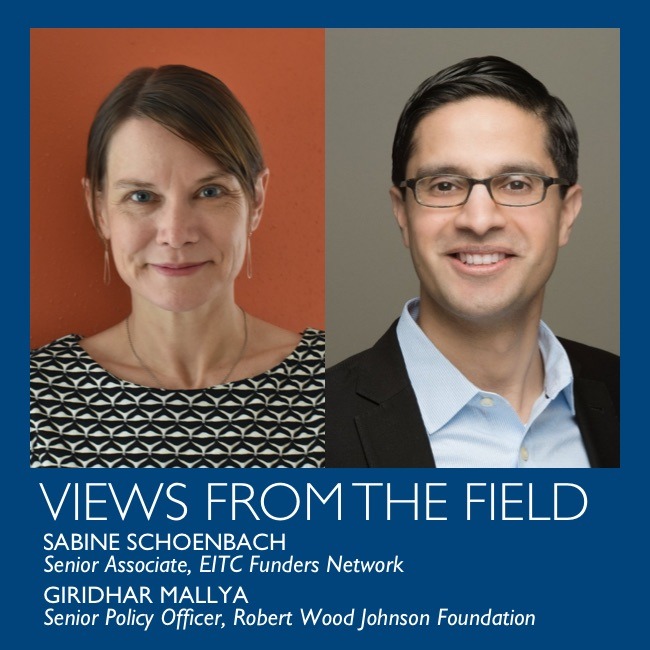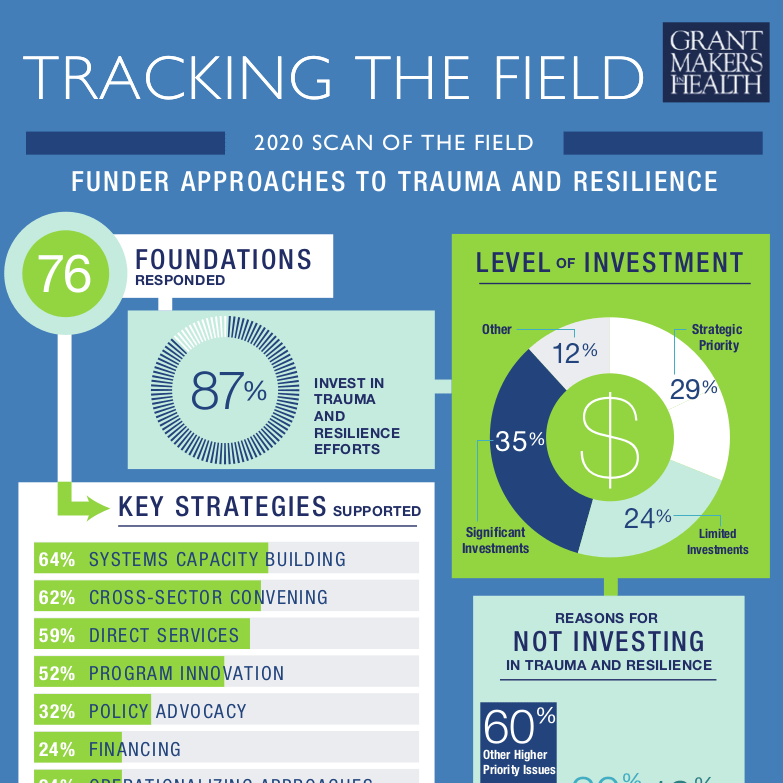The Air That We Breathe
We and many colleagues believe that, in order to strengthen responses to the pressing crises we face, we must consider some converging determinants of health—racism, climate change, and COVID-19—together. Doing so is essential, not just for crisis management, but also for building resilient systems and infrastructure that enable everyone, particularly Black, Indigenous, and people of color communities, to breathe.
Managing America’s Crises Means Addressing the Political Determinants of Health
Too often we stop at these social drivers of inequities, however, and miss the link between social determinants of health and their political roots. Every social determinant of health is preceded by a political action, inaction, or impetus. Political determinants of health create the social drivers—including poor environmental conditions, inadequate transportation, unsafe neighborhoods, and lack of healthy food options—that affect all other dynamics of health.
Health Equity … It’s a Journey, Not a Destination
COVID-19 has struck with a vengeance, hitting African Americans, older adults, and those with chronic health conditions the hardest. Simultaneously, our nation is experiencing a moment of reckoning, resulting from a long history of racism that has shaped the foundation of this country and thus permeates every system and institution.
Funder Strategies to Support Oral Health Care Access and Equity
Stark inequities in oral health care access and outcomes reflect the United States’ deepest societal divides and overarching social justice concerns. Health philanthropy is among the sectors aspiring to accelerate change and drive upstream solutions in a period of increasing vulnerability for communities heavily impacted by the downstream effects of oral health disparities.
Muslim Chaplaincy: Cultural and Faith Based Leadership for Better Health
For years, hospitals have offered interfaith chaplains to provide faith support for Muslim families. But over 95 percent of these chaplains come from Christian backgrounds. In Minnesota, which has a Muslim population of about 150,000, it has become clear that it could be enormously beneficial to integrate appropriate faith leaders into systems of care in order to overcome significant cultural gaps between community and health care providers and provide meaningful support to families facing critical life questions.
Health Equity and the Earned Income Tax Credit (EITC): COVID-19 Spotlights the Need for Cross-Sector Collaborations
Three years ago, the EITC Funders Network started more deeply exploring the growing body of research on the intersections between the Earned Income Tax Credit and health outcomes. This research became a foundation for fostering cross-sector discussions and collaborations to promote both economic opportunity and health equity.
Trauma and Resilience Funding Infographic
To better understand how philanthropic organizations are supporting work related to trauma and resilience, GIH surveyed its Funding Partners in February 2020. The survey results have been compiled into a summary infographic that details primary focus areas, key strategies, and challenges and opportunities in the field.
Framework for Equitable Allocation of COVID-19 Vaccine
The National Academies of Sciences, Engineering, and Medicine has invited public comment on the Discussion Draft of the Preliminary Framework for Equitable Allocation of COVID-19 Vaccine.
Using Foundations’ Power to Advance Racial Equity
Will foundations deliberately use their resources, reputation and influence to push for meaningful institutional and social change?
Dental Therapy Authorization Landscape and Advocacy Opportunities
This on-demand webinar highlights advocacy efforts to authorize dental therapy training, licensure, certification and ensure standardized metrics at both the state and national levels
Newsletter Sign Up
Want to sign up for the GIH Bulletin? Click here to get on the list.
Contribute to the GIH Bulletin and Blog
If you are interested in contributing your story or expertise to the GIH community please review our Editorial Submission Guidelines.

